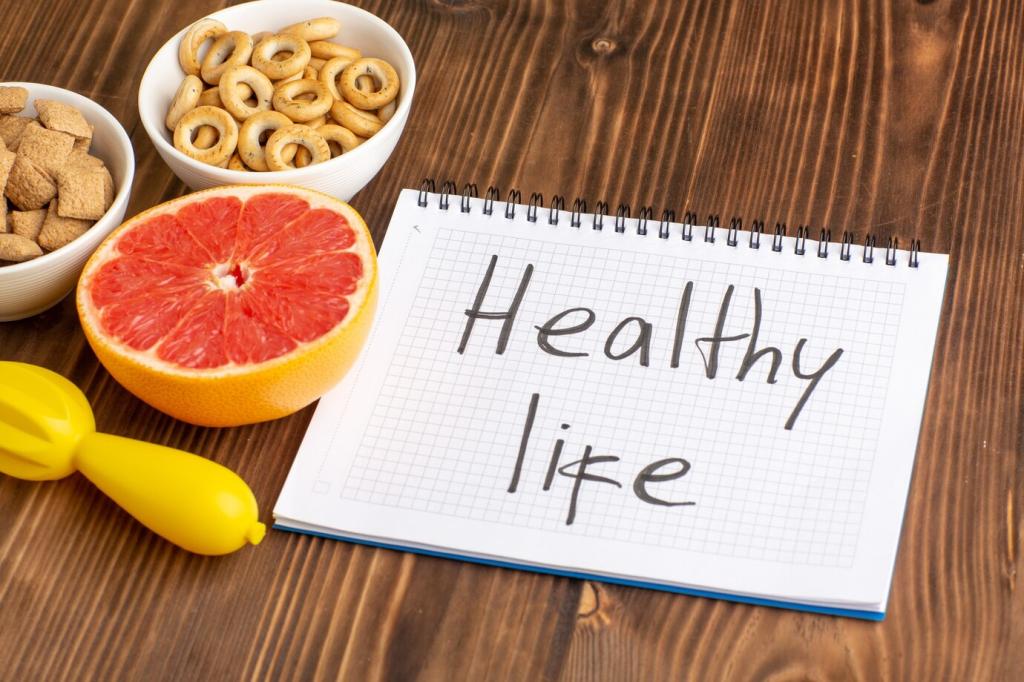Essential Vitamins for Sports Performance
Chosen theme: Essential Vitamins for Sports Performance. Power your training with vitamin-savvy choices, practical stories, and science-backed guidance designed to help you move better, recover faster, and reach your next personal best.
Why Vitamins Matter When You’re Chasing Performance
B vitamins act like conductors in your metabolic orchestra, helping convert carbs, fats, and proteins into usable energy. When levels are low, intensity and consistency suffer, making hard-earned gains feel oddly out of reach.
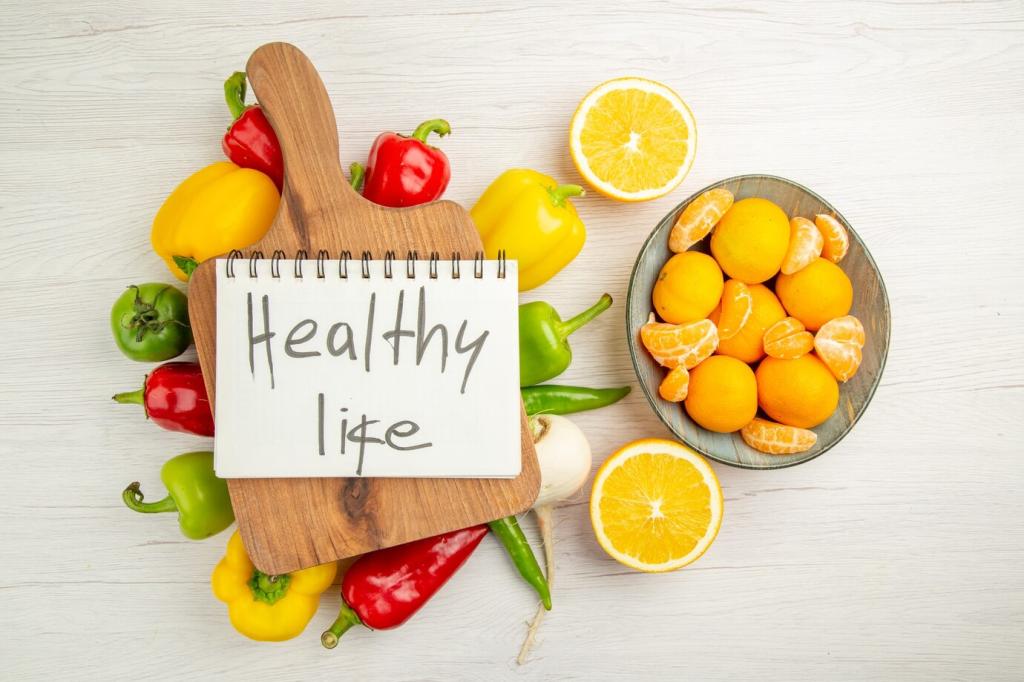
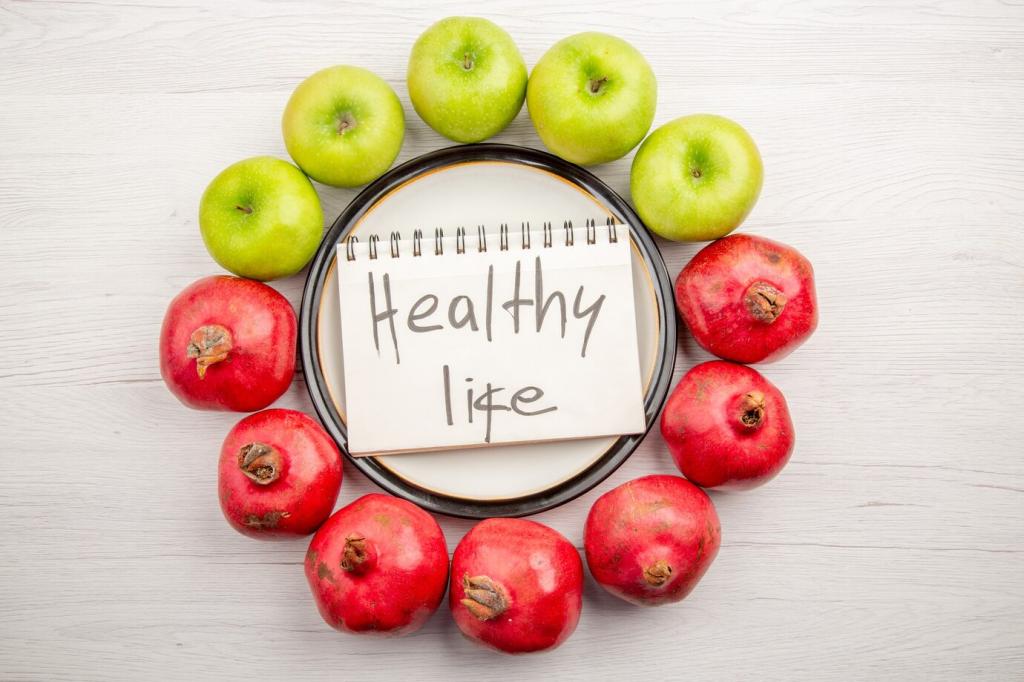
Why Vitamins Matter When You’re Chasing Performance
Vitamins C and D support immune resilience, helping athletes navigate heavy training without frequent setbacks. Stable immunity means you can maintain continuity, which is the secret sauce behind meaningful, compounding progress.
Energy Systems and the B-Complex
B1, B2, B3: The Metabolic Gatekeepers
Thiamin, riboflavin, and niacin help shuttle energy through key pathways that drive performance. Athletes with insufficient intake often feel flat, noticing reduced snap in sprints and sluggish pacing during long sessions.
B6: Glycogen and Neurotransmitter Support
Vitamin B6 participates in glycogen breakdown and neurotransmitter synthesis. When workouts demand quick transitions and sharp coordination, B6 helps your body and brain stay in sync from rep one to the final push.
B12 and Folate: Oxygen’s Quiet Partners
B12 and folate support red blood cell production, helping transport oxygen to working muscles. Adequate levels can translate into steadier pacing, fewer inexplicable dips mid-session, and better resilience over multi-week training blocks.
Strength, Bones, and Movement Confidence
Vitamin D status often drops in winter or for indoor athletes. Optimal levels support muscle function and balance. If you train before sunrise or after sunset, a D check-in could be a quiet performance unlock.
Vitamin K contributes to bone health and proper calcium utilization. Paired intelligently with vitamin D and food-first calcium sources, it helps reinforce the skeletal support athletes rely on in every landing and lift.
One lifter noticed nagging knee discomfort disappear after addressing a low vitamin D status and improving leafy-green intake for vitamin K. The following cycle, she hit a clean, confident squat personal best.
Antioxidants Without Overdoing It
Vitamin C supports the immune system and enhances non-heme iron absorption from plant foods, indirectly aiding oxygen delivery. Oranges with oats or peppers with beans can make everyday meals pull double duty for performance.
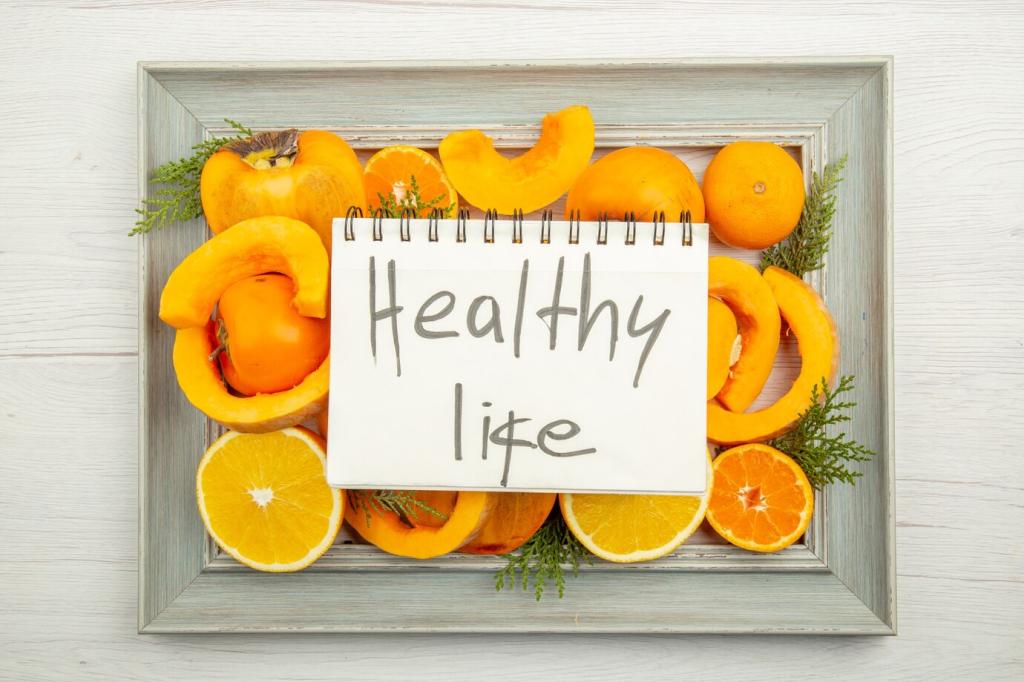

Antioxidants Without Overdoing It
Vitamin E helps protect cell membranes from oxidative stress to support recovery. Favor food sources like nuts and seeds first, allowing your training to benefit without the risks of unnecessary megadoses.

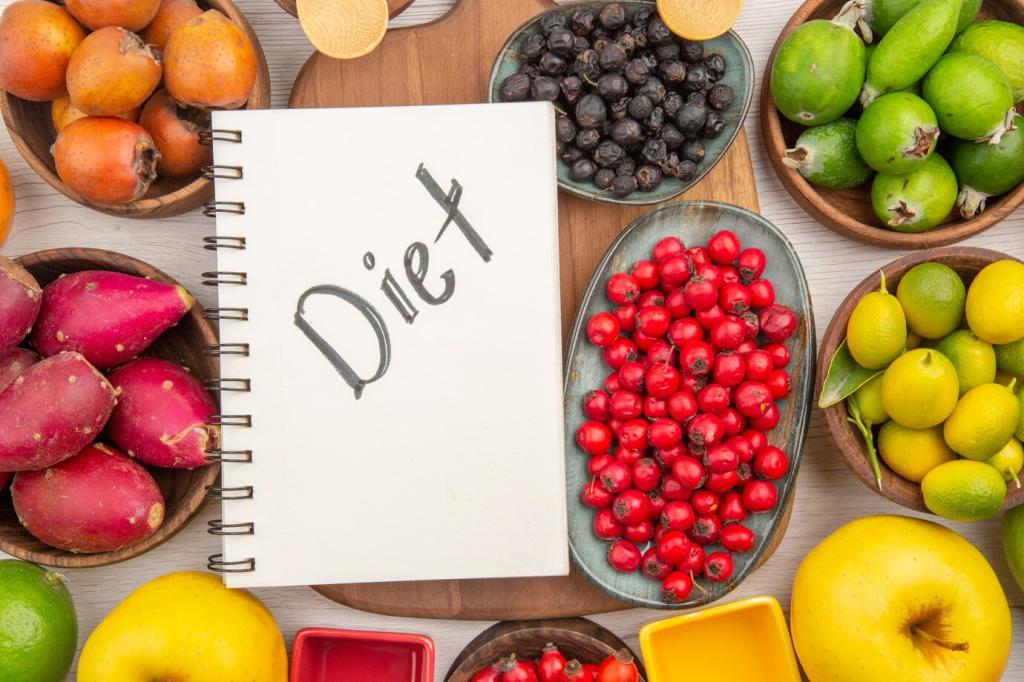
Food-First: Building Vitamin-Rich Plates
Think reds, oranges, greens, purples, and deep yellows. Colorful produce supplies vitamins A, C, K, and folate. A rainbow at lunch can mean a stronger tempo run or sharper intervals later that week.
Food-First: Building Vitamin-Rich Plates
Try eggs with sautéed spinach and tomatoes, whole-grain toast, and citrus. You’ll stack B vitamins, folate, vitamin K, and vitamin C—fueling energy pathways and supporting recovery before your day even kicks off.
Spotting Gaps Before They Slow You Down
Frequent colds, lingering muscle soreness, or low mood during darker months can hint at suboptimal vitamin D. Athletes training indoors or at high latitudes should consider a status check, especially mid-winter.
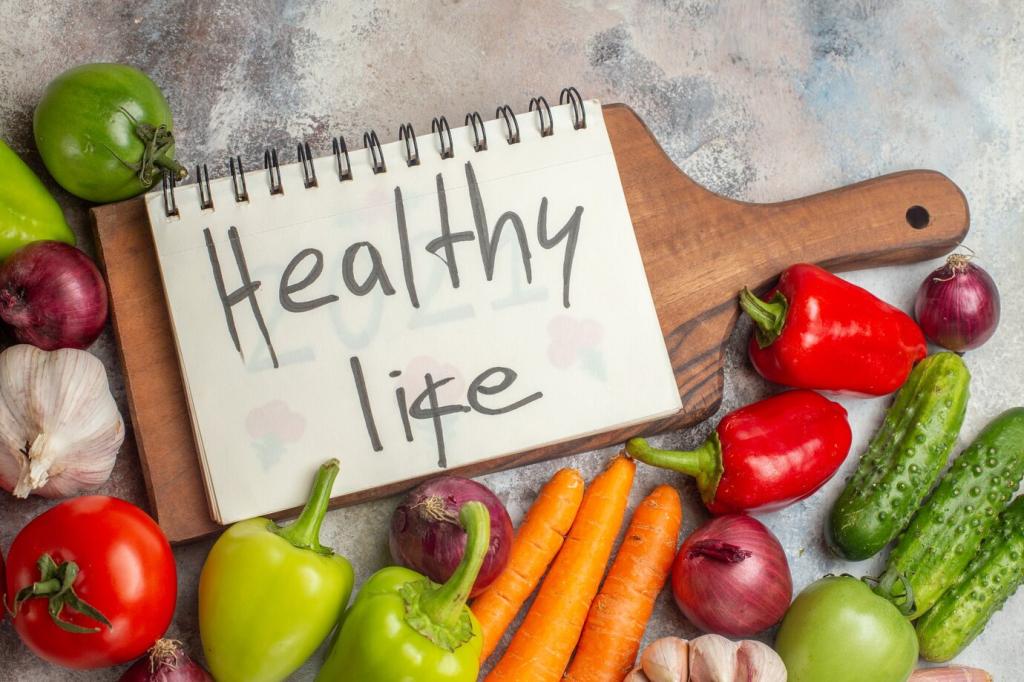

Spotting Gaps Before They Slow You Down
Unusual fatigue, heavy legs, or breathlessness out of proportion to effort may signal a B12 or folate issue. Plant-forward athletes should especially verify intake through fortified foods or informed supplementation.
Smart Supplement Strategy and Seasonality
Choose third-party tested supplements when needed, and align doses with evidence-based ranges. Partnering with a knowledgeable professional ensures support fits your sport, training phase, and personal health context.
